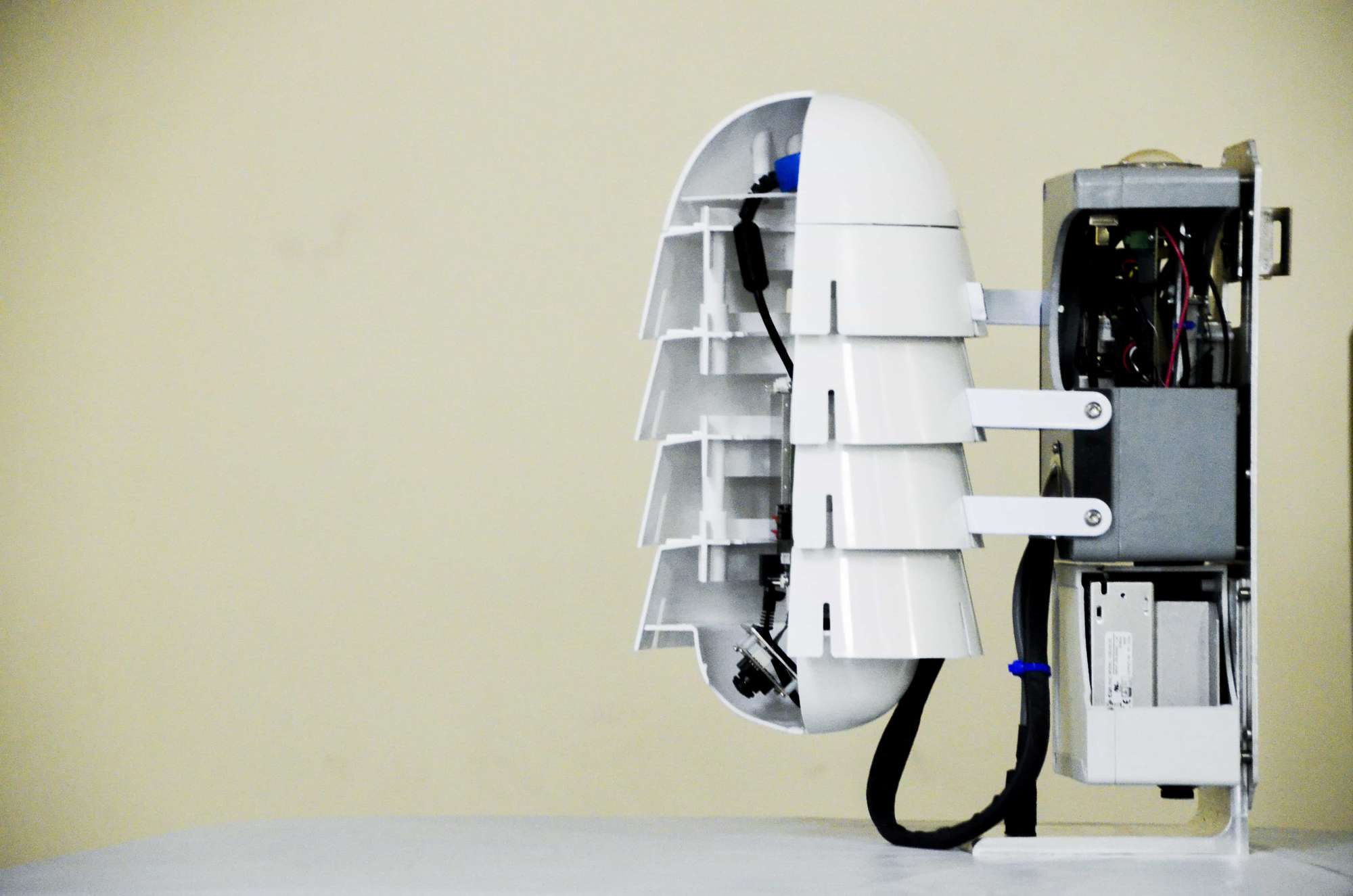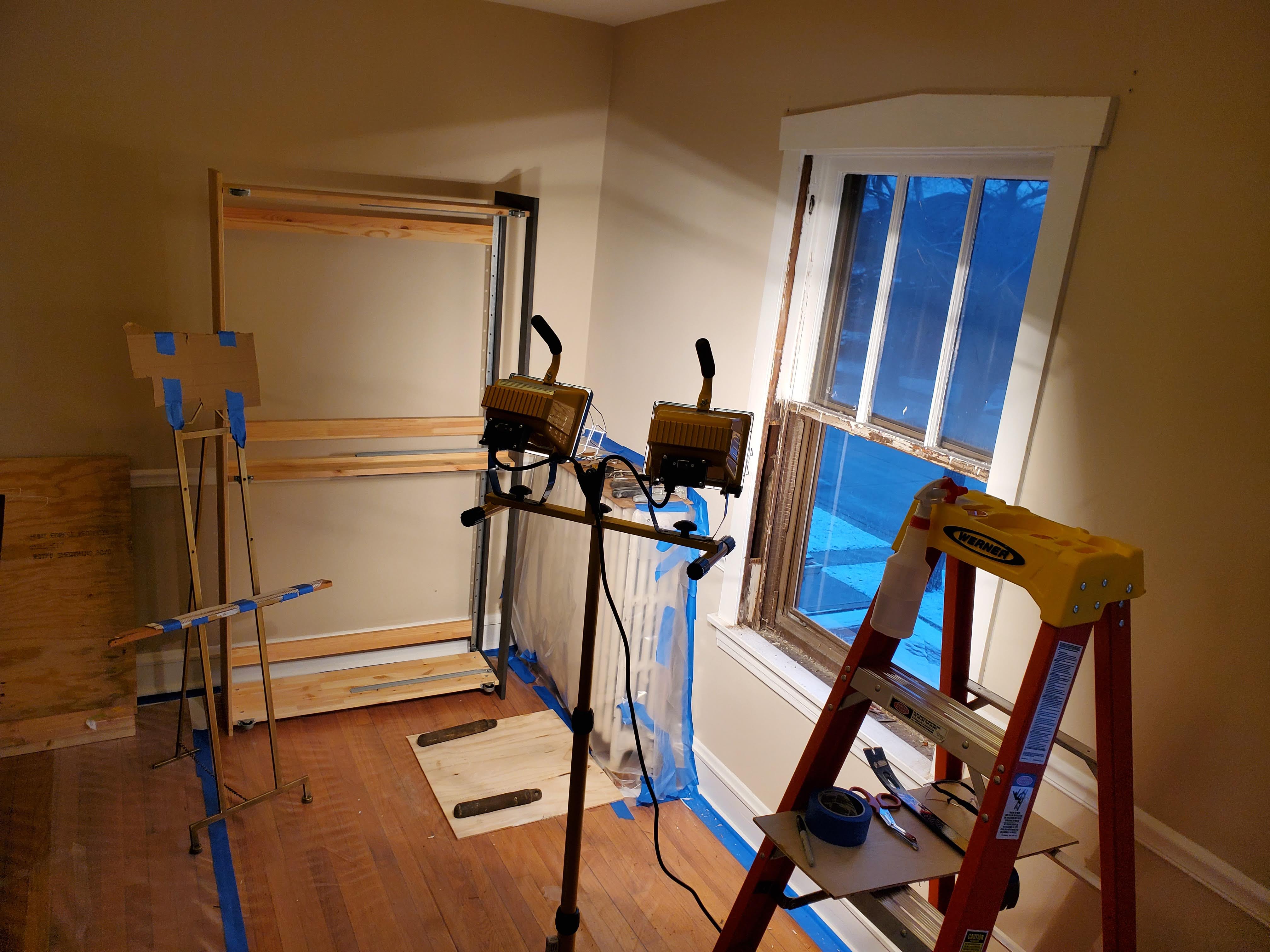op-ed
Dear Cupich, Have Mercy on the Latin Mass
Chicago Tribune • January 2022A recent Sunday, my family and I attended the final traditional Latin Mass at St. Mary of Perpetual Help in Chicago’s Bridgeport neighborhood. Our priest broke the news gently: Cardinal Blase Cupich denied the parish’s request to continue celebrating what is also known as the Tridentine Mass, which has nourished the faithful for five centuries and then some. There’d be no more celebrations of it at St. Mary’s. Nor would there be in most of Chicagoland.
Incense lingered. A somber, obedient silence fell upon the pews. I thanked God for St. Mary’s, her parishioners, our beloved priest. It is a blessing to experience Mass as most saints did — laced with ancient prayers, intoned in strange tongues, set to otherworldly chant, reverent toward Christ’s sacrifice at Calvary made actually present on the altar.
After the organ blew its last chord, we shuffled out into freshly fallen snow, smiling at each other’s babies, planning brunches, wondering what God might throw our way next.
What brought us here involves theological insider-baseball that would make most readers’ eyes roll up into their heads. Here’s the gist: In the 1960s, a church council called Vatican II called for liturgical reforms. Four years later, Pope Paul VI promulgated a new Mass that removed or amended many prayers, added more scriptural readings, overhauled the liturgical calendar and allowed the use of the local language, among other changes.
Fierce debate continues today over whether it achieved the goal of evangelizing the modern world. Regardless, a minority of Catholics remained devoted to the Latin Mass, and in 2007, Pope Benedict XVI gave all priests permission to celebrate it. Then, last summer, Pope Francis abrogated Benedict’s decision. He gave bishops the power to curtail the old Mass, and he declared the new one “the unique expression” of the Roman Rite. Most U.S. bishops have continued to permit the Tridentine Mass, but Cupich has taken a harder line, prohibiting it at most churches.









